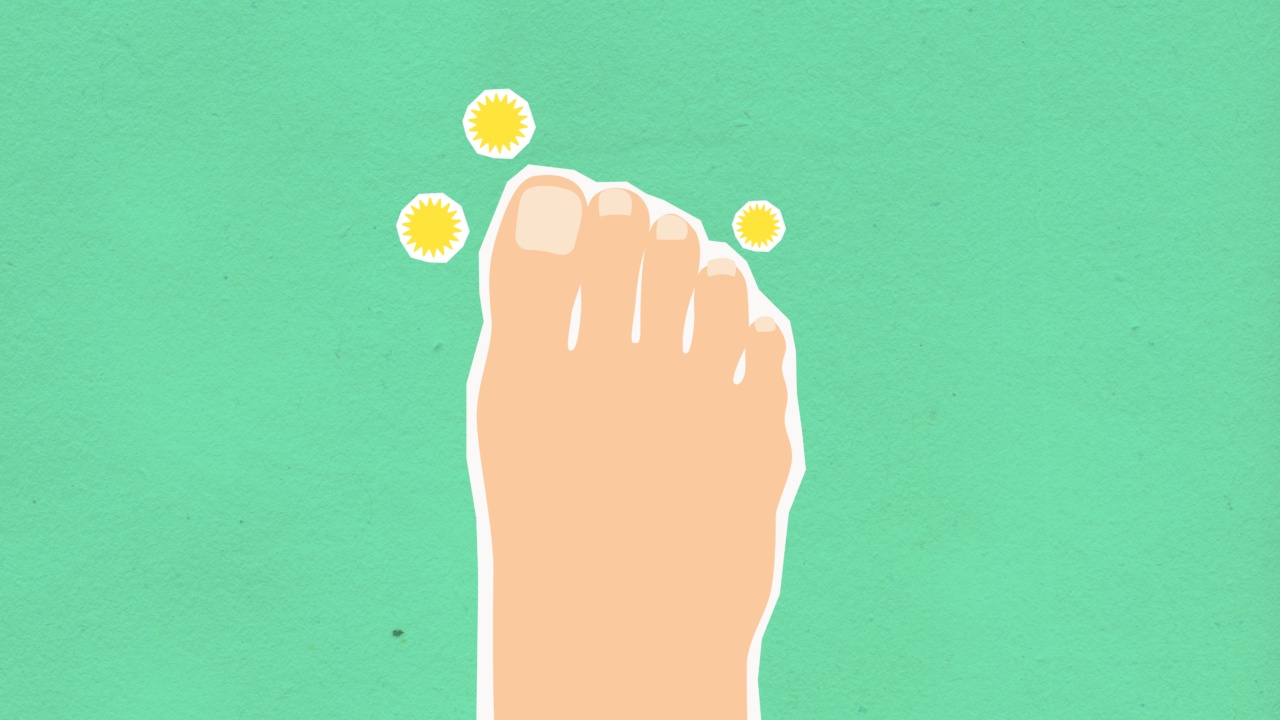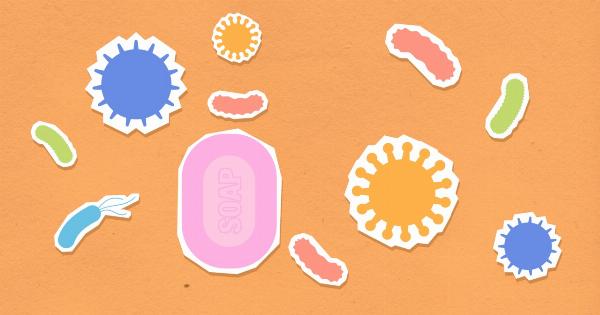With the ongoing pandemic, the importance of taking measures to protect ourselves from germs and viruses has never been greater. However, ensuring our own safety goes beyond just washing our hands and wearing masks.
In this article, we’ll be exploring some ways in which you can safeguard yourself from germs and viruses:.
1. Wash Your Hands Regularly
One of the easiest ways to protect yourself from germs and viruses is to wash your hands regularly. It’s recommended to wash your hands for at least 20 seconds with soap and water.
Carry a hand sanitizer with you, especially when you’re on the go or out in public places, and use it when you don’t have access to soap and water.
2. Practice Good Respiratory Hygiene
Coughing and sneezing are some of the primary ways in which germs and viruses can spread. When you cough or sneeze, ensure that you cover your nose and mouth with a tissue, and dispose of it immediately.
If you don’t have a tissue, use your elbow to cover your nose and mouth.
3. Wear A Mask
While wearing a mask cannot completely protect you from getting infected by germs and viruses, it can help to reduce your chance of getting infected or spreading the infection to others.
Masks can be especially useful in public places where social distancing may not be possible.
4. Keep Your Surroundings Clean
Germs and viruses can survive on surfaces for several hours or even days. Regularly cleaning and disinfecting frequently touched surfaces like doorknobs, countertops, and phones can go a long way in reducing the chances of infection.
If you’re in a public place, avoid touching surfaces unnecessarily, and sanitize your hands regularly.
5. Don’t Touch Your Face
Our faces have several entry points for germs and viruses, including our eyes, noses, and mouths. Avoid touching your face with your hands unless you’ve just washed them.
And if you need to adjust your mask, use the ear loops rather than touching the front of the mask.
6. Maintain Social Distancing
When it’s not possible to avoid public places, maintain at least a 6-foot distance from others. This can help reduce the chances of droplet transmission of germs and viruses.
Avoid close contact with people who are sick, and if you’re feeling sick, stay at home and seek medical attention if required.
7. Stay Hydrated and Eat Healthy
A strong immune system can help your body fight off infections better. Drinking plenty of water and eating a healthy, balanced diet can help boost your immune system, which in turn can help protect you from infections.
Avoid smoking and excessive consumption of alcohol, as these can weaken your immune system.
8. Stay Informed
Keep up-to-date with the latest information about the pandemic and follow guidelines laid out by health authorities. Be aware of the symptoms of infection and seek medical attention if required.
Stay informed about the situation in your local community and act accordingly.
9. Practice Good Personal Hygiene
Shower regularly, keep your nails trimmed, and maintain good oral hygiene by brushing and flossing your teeth. These practices can help reduce the number of germs and viruses on your body, reducing your chances of getting infected.
10. Make Use of Technology
With the advent of technology, there are numerous ways in which you can limit the need for physical interactions.
Use contactless payment options, order groceries and food online, and make use of video calling for meetings and catch-ups with friends and family. These practices can limit your exposure to germs and viruses.
Conclusion
While it’s impossible to completely avoid the risk of infection, following these measures can go a long way in reducing your chances of getting infected by germs and viruses.
Be vigilant, and remember that we all have a part to play in keeping ourselves and our communities safe.































